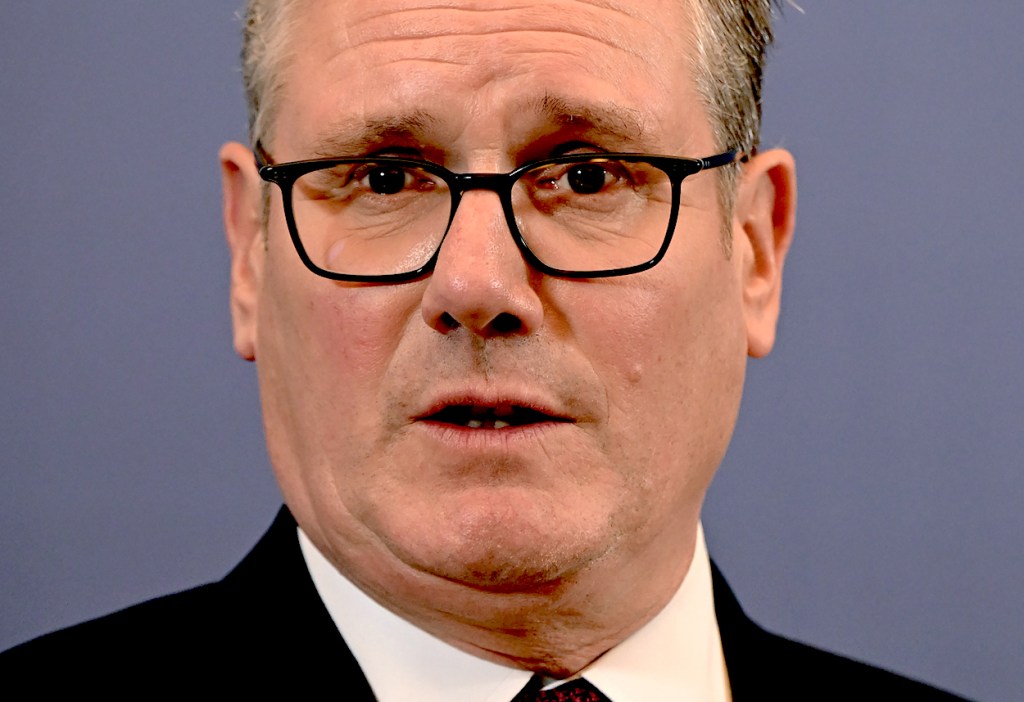Wes Streeting was recently revealed to have said in private that junior doctors (or resident doctors, as they now like to be called) must be made to ‘feel pain’ for going on strike – for fear of encouraging other public sector workers to copy their example. Today comes a reminder of why he said it: the Royal College of Nursing (RCN) has just voted to reject the 3.6 per cent pay deal offered by the government, with 91 per cent voting to dismiss it – although the turnout was only 56 per cent.
Is it any surprise that nurses are not content with the offer? Two years ago, after a round of strikes, RCN members thought they were doing the responsible thing by voting to accept a pay deal worth between 4.5 and 6 per cent, depending on their grade. They then had to sit and watch as junior doctors continued their walkouts and extracted a 22 per cent pay rise from the newly elected Labour government in July 2024. On top of that, the government has awarded junior doctors a further 5.4 per cent, nearly two percentage points above what nurses have been offered.
If you are a nurse, it must be pretty galling to see how junior doctors were rewarded for last year’s strikes. The message that will have sunk in is that union militancy works – stick at it long enough and the government will crumble. Moreover, nurses’ pay already looks pretty modest compared with that of junior doctors. In March this year the mean basic pay for a full-time nurse was £40,837. That was above the £34,058 in mean basic pay for a year one junior doctor and a little above the £39,066 basic pay earned by a second year junior doctor.
However, junior doctors have far greater opportunity to earn extra payments than nurses. While the average nurse earns an additional £4,496 a year in overtime and other rewards, the average first year junior doctor earned an extra £9,307 and the average second year junior doctor £12,529. In other words, the average nurse – perhaps with many years’ experience – just about clears more than a junior doctor straight out of medical school and somewhat less than a second year junior doctor.
The role of a nurse may be a lower one than that of a doctor, requiring fewer critical decisions backed by a less-intensive education, yet it is still a skilled position. Nor is there a vast surplus of nurses to explain the relatively low pay – the NHS is heavily reliant on importing nurses from abroad, many from developing countries who could dearly do with qualified medical staff themselves. It is hard to fathom why doctors still in training should be paid more than nurses with years of experience – other, that is, than the discrepancy being the result of doctors having a more militant trade union.
Streeting may belatedly have come round to realising that industrial action must be seen to be counter-productive for the workers involved – for fear of encouraging further strikes – but he has already blown it by offering the junior doctors so much money last year and by following it up with an inflated pay offer this year. The RCN has not yet voted on strike action – that will come – but last year’s largesse towards doctors has come at the price of generating envy among other NHS staff, and indeed all across the public sector. Unions will not forget how generously strike action was rewarded. It is already inevitable that we will have far wider unrest.









Comments